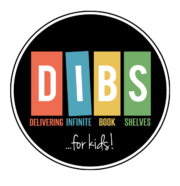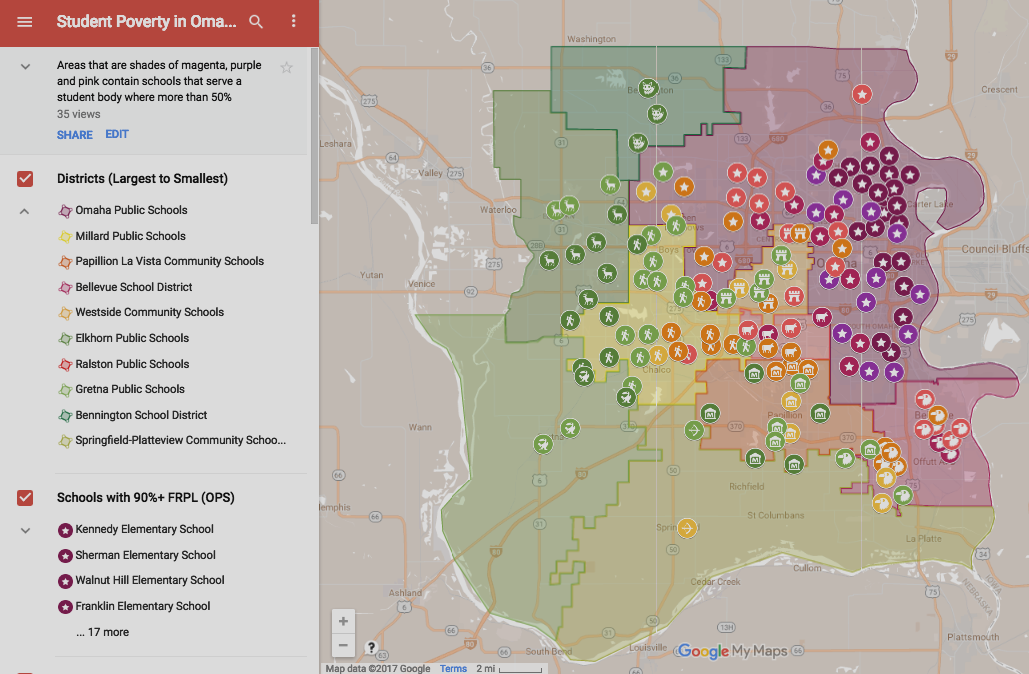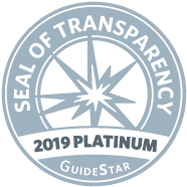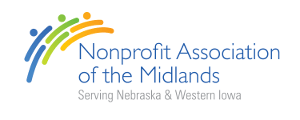A soccer ball and a book: How we think about kids’ relationship with reading
Hi there, I’m Gina.
As an Omaha professional, mother, and dedicated volunteer to literacy efforts, I’ve spent the past several years championing literacy through the Literacy Center, which is focused on building literacy skills for adults. I recently started working with DIBS, so you’ll be hearing more from me later on.
But, to kick this off I wanted to share my experience watching the DIBS program in action.
My visit to Adam’s Elementary brings back a memory, one I’ll never forget, when my husband and I coached soccer for kindergarteners…
________________________________________________________
In passing one day, I was talking to my father-in-law, who is a highly-tenured soccer coach. He asked me how coaching these five-year-olds was going.
Frustrated, I told him, “Trying to teach basic soccer skills to kindergarteners is absolutely impossible. I can’t even get them to pay attention. I’m just not good at this.”
He told me I was going about it completely wrong.
“Gina, at this age, it’s not about teaching them the skills. That comes later on. Your main goal is to introduce them to the relationship with the ball. First, they build the relationship with the ball: this is my ball. Then it is: this is me, my ball, and my teammate. But before they can get into understanding the skills, they need to have a relationship with the ball.”
Maybe you can assume that DIBS is a reading program that builds comprehension and literacy skills at an early age. But while I watched first grade students check books in and out at on their own, I began to realize it’s much more fundamental than that.
Watching DIBS in action
Walking into a classroom at Adams Elementary, I immediately noticed bins of books at the back of the room. Each one was categorized with an alphabetical letter on front, and an open laptop that had simple and colorful images to select from on the screen. First graders walked into the classroom to start their normal Friday routines.
Without hesitation, the first child hung up his backpack and grabbed a book out of it. He went to a specific lettered bin and sifted through the selections. He proceeded to the next bin to search. I could tell when he found the book he wanted, as a half grin came over his face.
He grabbed the book, went to the laptop, and used the touchpad to scroll through a screen lined with different colored shapes to find the one that said his name. As he clicked on it, the last step was to hold the book up so the web camera could scan the book for him to take home that night. Once complete, the first grader walked back to his table.
I began to realize how my father-in-law’s advice in soccer transcended into the work being done here.
Being hyper focused on how well a child is comprehending material and at what level they are reading is important in the early years of a student’s introduction to reading. However, they really need to first build a relationship with books before we can start to focus on the other stuff.
The stark evidence of poverty in classrooms
Once you get young students to see books as part of their routine, then it can become a habit. And then schools can do the work necessary to build reading and comprehension skills. But without first having the relationship to books, the challenges increase – especially when there are external factors affecting a child’s basic needs: food, shelter, clothing, education and healthcare.
Which brings me to a second realization:
As my eyes followed this student back to his desk, I noticed that many kids in the class were sitting and eating breakfast at their tables. I was told these meals were part of a breakfast program for low-income students.
Knowing that DIBS is especially focused on Omaha schools whose poverty level is above 70 percent, until that moment it hadn’t clicked in my head what that actually looked like. Seeing roughly half that classroom sitting and eating because they did not have access to these meals at home, I realized the scope of this reality for families in Omaha.
According to the 2015-2016 Omaha Public School (OPS) district free and reduced lunch program:
- Free and reduced breakfast/lunch programs (FRPL) are a standard indicator of socioeconomic status universally available to public schools across the nation.
- Participation is highest in OPS elementary schools with 75.8 percent of PK‐6 students enrolled in the FRPL program.
- Student poverty as measured by participation in the FRPL program has been shown to be highly predictive of district and school level performance in state and national assessments.
My Final Take: Get Out, Learn More About Student Needs
It was all coming together. If a kid doesn’t have the support they need to eat a good meal at home, their entire school day is impacted as it can impact their concentration and focus.
It’s the equivalent of a child going to soccer practice unprepared, without the right equipment. Either way, that kid is starting out off track.
How can they even begin to start a relationship so they can build good habits, be it with a book or a ball?
Being a child of first-generation immigrants, I understand the challenges and struggles. My parents had limited resources, learned English as a second language, and did their best to add education into our lives without really understanding it themselves.
Yet, I fell in love with books at a very young age. I loved to read and write and was able to get good grades so I could go to college and then on to a Master’s program.
Now as a career-oriented adult, I have the opportunity to raise my children without the struggles many parents face. Yet, I know this isn’t a reality for every parent or child. It’s programs like DIBS that are catalysts to help drive that relationship with books at a very young age.
Take a moment, like I did, to get to know your community a little better.


 Next Post
Next Post
